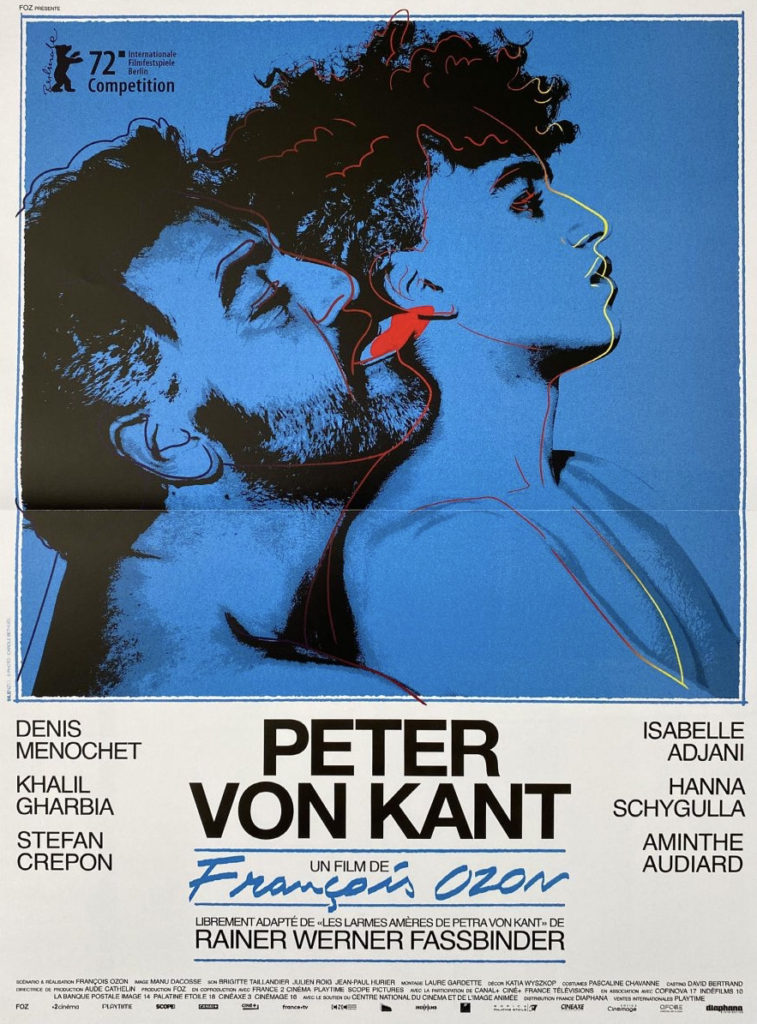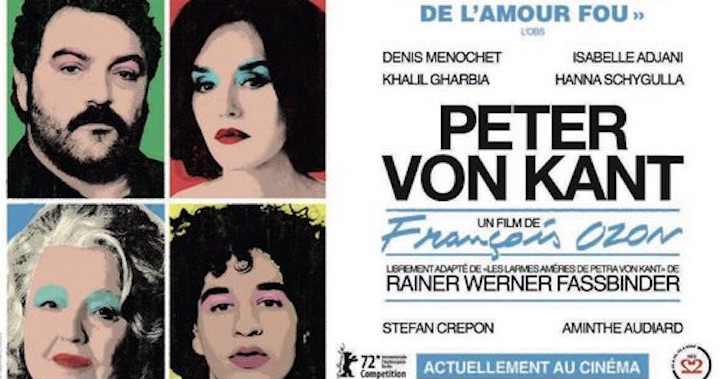When German director Rainer Werner Fassbinder died in 1982, I was reminded of the funeral of another director- Ernst Lubitsch in 1947. Afterwards, Billy Wilder and William Wyler were leaving the burial and Wyler said “Well, no more Lubitsch,” and Wilder replied, “Worse than that. No more Lubitsch films.”
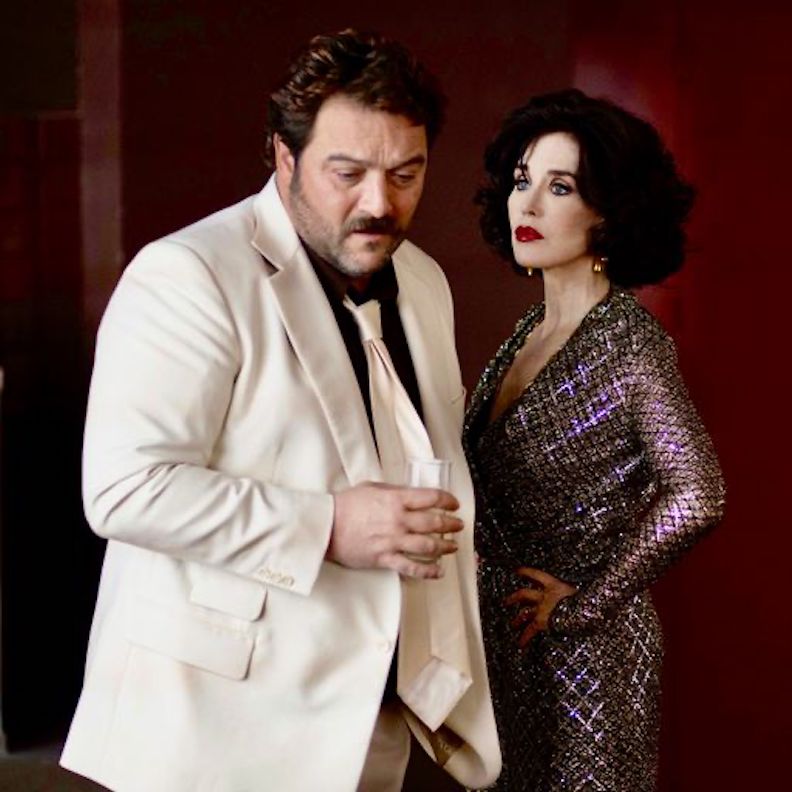
Fassbinder had a burning-candle-at-both-ends life and career. He turned out an amazingly prolific series of great movies- daring, innovative, always pushing the boundaries of what could be done on film. Utilizing lessons learned from his days as a provocative “anti-theater” director and utilizing his stable of eccentric and talented actors, I always despaired at all the movies he could have made. Imagine how he might have tackled AIDs on film?
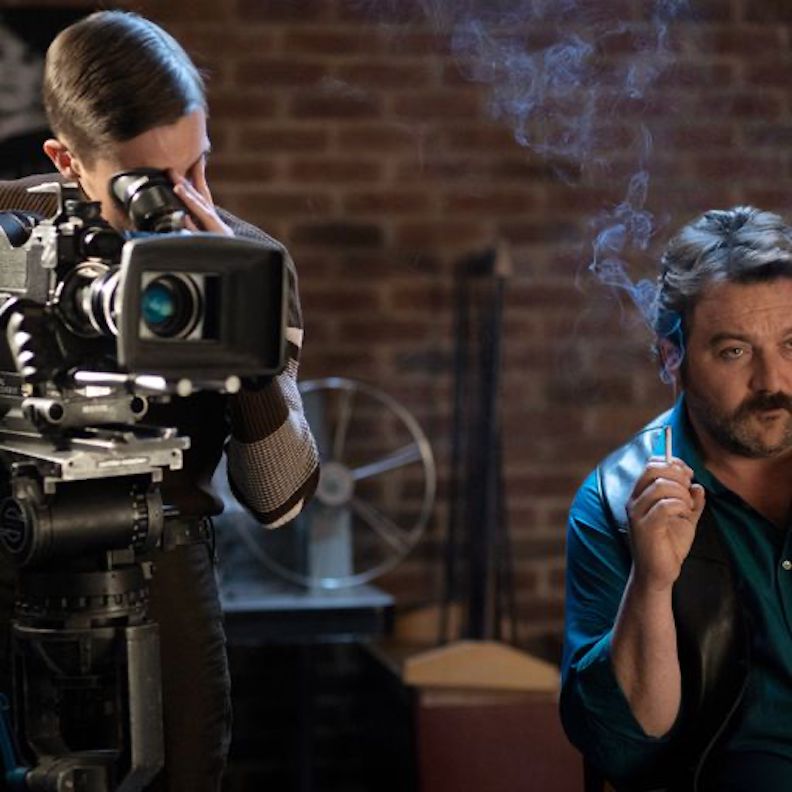
Now Francois Ozon is another daring and innovative director. One can look back at his starry career and never recognize any identifying trademark style. That’s because he approaches each film with its own unique sensibility. He’s able to go from outrageous (Sitcom), sexy and dangerous (Criminal Lovers), subtle and mysterious (Swimming Pool), heartbreaking (Time to Leave), twisty and twisted (Double Lover), achingly personal (Summer of 85), to even making a free-wheeling murder/musical starring some of the great French actresses (8 Women). His new film is Peter von Kant, “freely adapted” from Fassbinder’s 1972 The Bitter Tears of Petra von Kant, and it’s a brilliant, sardonic, audacious triumph. And a wonderful cinematic love letter to Fassbinder.
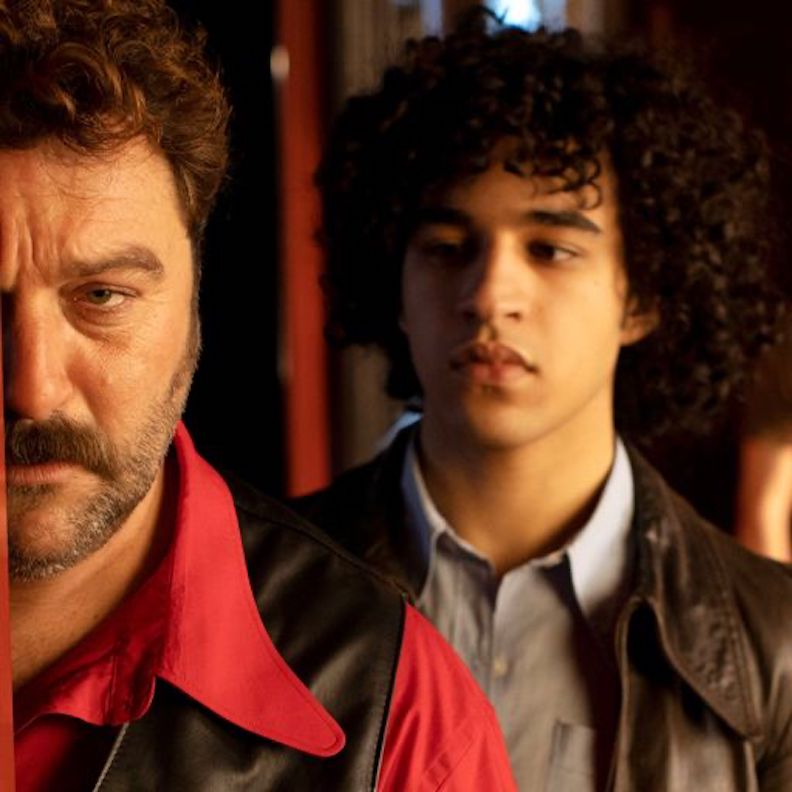
Ozon is no stranger to Fassbinder. In 2000 he directed Water Drops on Burning Rocks, an adaptation of a play by Rainer Werner Fassbinder (written when he was 19). Set oppressively in a hideously tasteful apartment, the film charts the relationship between 50-year-old insurance salesman Leopold (Bernard Giraudeau), who seduces carrot-topped pretty boy Franz (Malik Zidi) and in no time transforms him into a sniveling mess, scurrying around the flat in an apron, daily subjected to Leopold’s petty tyrannies and verbal abuse. This play was an early test run for what he accomplished in The Bitter Tears of Petra von Kant, claustrophobically set in a stylish apartment and concerning the complicated S & M relationship between a tyrannical fashion designer (Margit Carstensen) and her silent, abused assistant (Irm Hermann). (Fassbinder’s real-life sadistic relationship with actress Irm Hermann was frighteningly similar). In Peter von Kant, Ozon gender-switches. The lead is now a successful director (played with ferocious intensity by Denis Menochet) and most of the film transpires in his apartment where he hurls orders at his masochistic, mute assistant Karl (beautifully played by Stefan Crepon). “Karl- shell his shrimp!” “Karl- bring us a bottle of champagne!” “Karl- bring me 10 bottles of gin!” An actress he made famous on screen- Sidone (sensationally played by Isabelle Adjani) dramatically arrives, resplendent in a white mink coat with a handsome young man named Amir (Khalil Ben Gharbia), and Peter takes one look at the tousle-haired, pouty-lipped beauty and is immediately smitten. He even films a tearful screen test (with Karl at the camera) and in record time Amir has moved into his apartment and becomes his muse on screen.
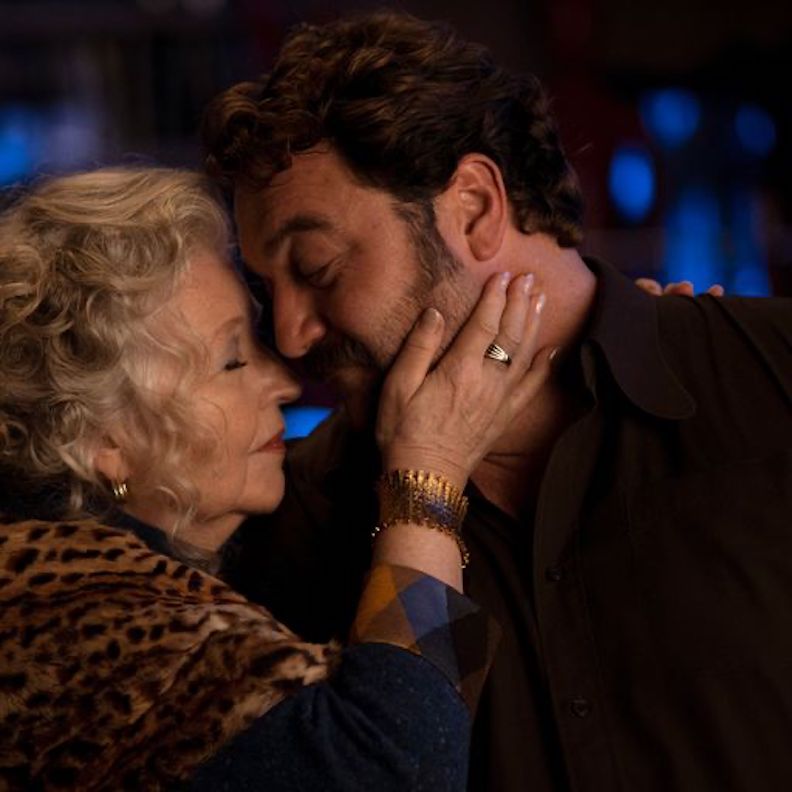
Karl may not ever speak but one can read volumes in his expressive eyes as he silently surveys (from afar) as the relationship between Peter and Amir implodes. Unfortunately, the devastating effects of the broken love affair results in Peter cruelly lashing out at his daughter Gabrielle (Aminthe Audiard) and elderly mother (played by long-time Fassbinder collaborator Hanna Schygulla). I have to admit getting teary-eyed at the sight of the glorious Schygulla, and she has such a sensitive, lovely scene with her son as snow falls outside the window of his flat.
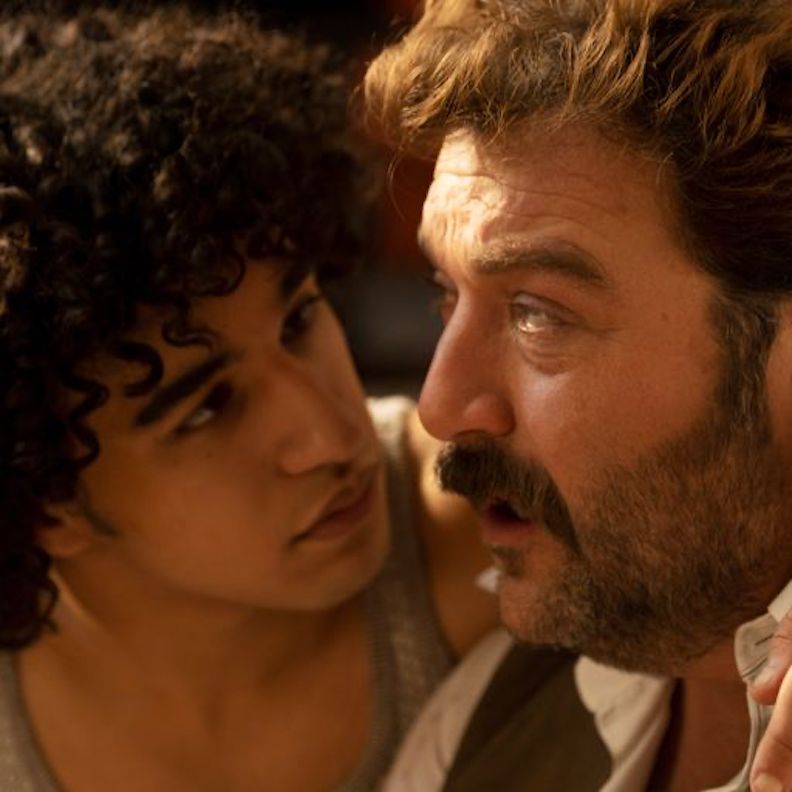
There are so many subtle in-jokes in the film. Peter dresses and looks frighteningly like Fassbinder, he listens to the album of Sidone singing “Each Man Kills the Thing He Loves,” the Oscar Wilde quote set to music sung by Jeanne Moreau in Fassbinder’s last film Querelle. The Walker Brothers’ In His Room, which was used in Petra von Kant, is a record Peter puts on to further seduce Amir. Amir’s full name is Amir Ben Salem, a nod to Fassbinder’s lover El Hedi ben Salem, who he met in a French bathhouse and brought back to Germany, starring him in many of his films, most memorably as the lead in Ali: Fears Eats the Soul. The list of tributes go on, but they all feel organic, witty and just right.

What Ozon achieves here is different from Fassbinder’s cool, austere approach to the material, with Michael Ballhaus’s dizzying camerawork weaving around the emotionally-heightened characters. There is an ironic lightness but also real tenderness in Peter von Kant, that anchors and transfigures this conceit. As the credits roll, with the background sound of scenes from The Bitter Tears of Petra von Kant, a thrill goes through you, realizing that 50 years later a director like Ozon is able to beautifully transform this material in his own unique, miraculous way.
Peter von Kant opens September 2nd at IFC Center.
